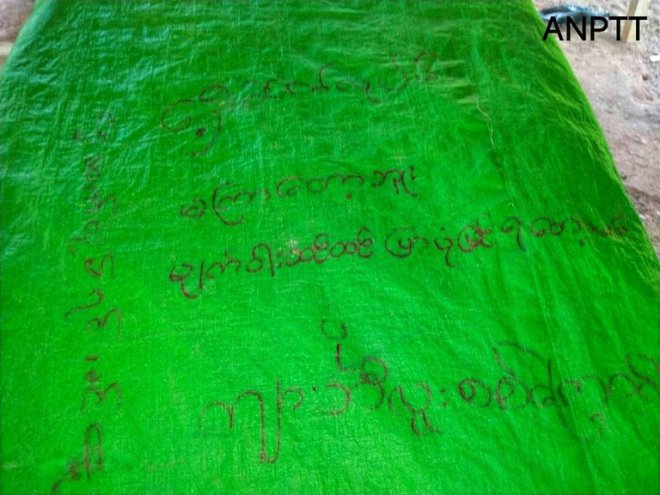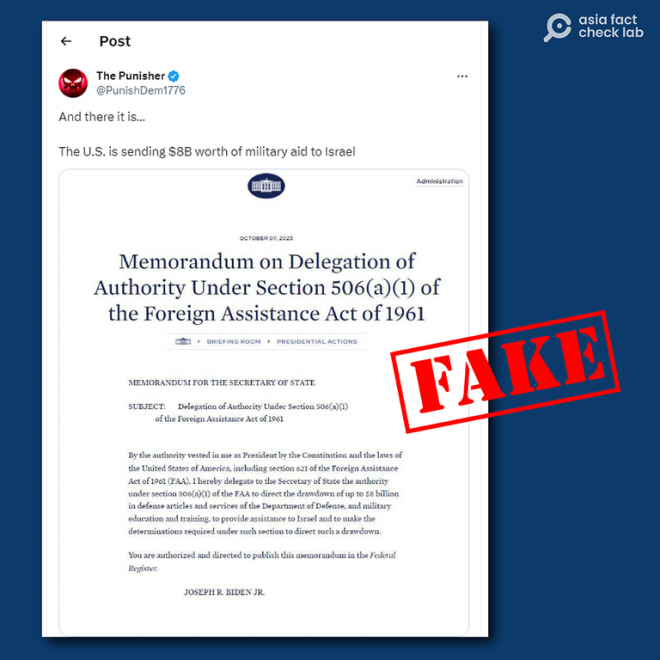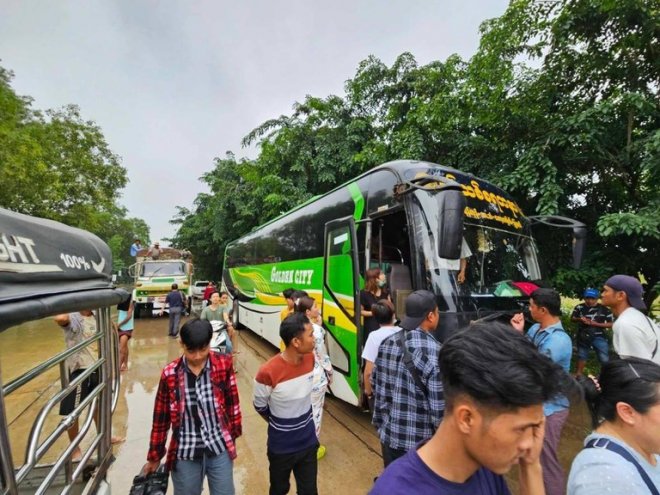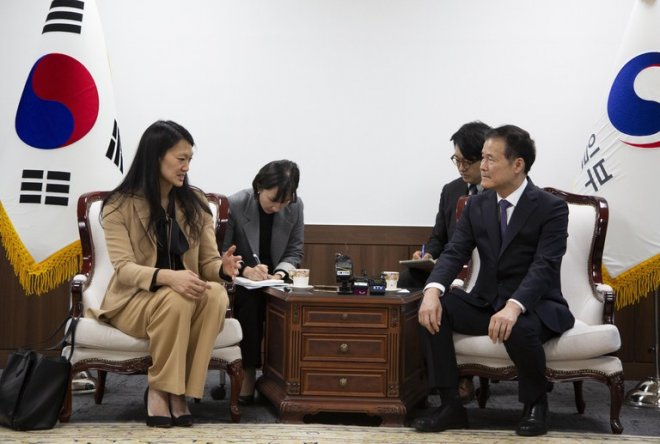US, South Korea confront China on North Korean human rights
The United States and South Korea issued a veiled warning to China for repatriating North Korean escapees, pledging to collaborate in addressing the human rights situation in the country.The vow came as South Korea’s Foreign Minister, Park Jin, met with the U.S. Special Envoy for North Korean Human Rights Issues, Julie Turner, in Seoul on Monday. During their meeting, the allies confirmed their commitment to enhancing the human rights situation in North Korea, particularly concerning China’s return of escapees to the North.
“The North Korean people are living in extremely dire conditions,” Park told Turner, adding that the Kim Jong Un regime is pursuing nuclear weapons at the expense of its citizens’ basic rights.
The foreign minister then indirectly criticized China for sending escapees back to the North. Recent media reports alleged that “hundreds of North Korean defectors detained in China have been forcibly repatriated to North Korea,” Park said. “Under no circumstance should North Korean defectors be forcibly repatriated against their will.”
“That is our government’s position. And we’ve made it clear to the Chinese side,” the foreign minister continued. “My government is engaging in vigorous diplomatic efforts to ensure that North Korean defectors are not forcibly repatriated to North Korea, but rather in accordance with humanitarian principles.”
“I look forward to a continuous robust engagement and to our active collaboration to bring about real change in the North Korean human rights situation.”
Park’s comments added weight to the announcement from South Korea’s Unification Ministry on Friday that it had lodged a protest against China regarding the suspected forced repatriation of numerous North Koreans. The escapees are viewed as a betrayal and a threat to the Kim Jong Un regime, and are often subjected to harsh punishments, including imprisonment, torture, and potentially capital punishment – according to testimonies of North Korean escapees.
Human Rights Watch reported last week that Chinese authorities had forcibly returned over 500 North Koreans to the reclusive nation. The organization urged governments worldwide to condemn Beijing’s actions. Most of these North Koreans were civilians and religious figures who were arrested while attempting to travel to South Korea from China, Radio Free Asia has learned.
Peter Jung, head of Seoul-based rights organization NGO Justice for North Korea, also told RFA that a large number of North Koreans had been repatriated through the North Korean-Chinese border, including children, and that the repatriations had taken place simultaneously in several areas.
Turner, who was sworn into office on Friday and began her inaugural three-day visit to Seoul Monday, vowed to work with South Korea in making a difference regarding this issue.
“I am very much looking forward to working with you and others in the ROK government to further advance North Korea,” Turner said, referring to South Korea’s formal name. “The human rights situation in North Korea remains amongst the worst in the world.”
“The international community must come together to work to expose the regime’s human rights abuses and create concrete change to improve the lives of the North Koreans,” she added.
The U.S. and South Korean collaboration in gathering and disseminating information to provide an unfiltered view of the ground realities, may have the potential, albeit limited, to influence North Korea’s human rights situation.
As two major international players with vested interests in the Korean Peninsula, their combined diplomatic and political weight could garner a broader international coalition to exert pressure on North Korea to change its practices.
“The nomination of a U.S. Special Envoy for North Korean Human Rights Issues, a post that has been empty for a while, conveys a significant message to the North Korean people,” said Ji Seong-ho, who defected from North Korea to South Korea, where he’s now a member of the national assembly. “It’s a message that the allies will actively raise voices to protect basic rights of the ordinary North Koreans.”
“It’s particularly crucial for both ROK and the U.S. to intervene and aid North Korean escapees in China, actively working to halt further forced repatriations,” Ji added. “We hope that such messages persistently resonate from Washington and the global community.”
Edited by Elaine Chan and Mike Firn.
|
本篇 |
不想錯過? 請追蹤FB專頁! |
| 喜歡這篇嗎?快分享吧! |
相關文章
AsianNewsCast
























